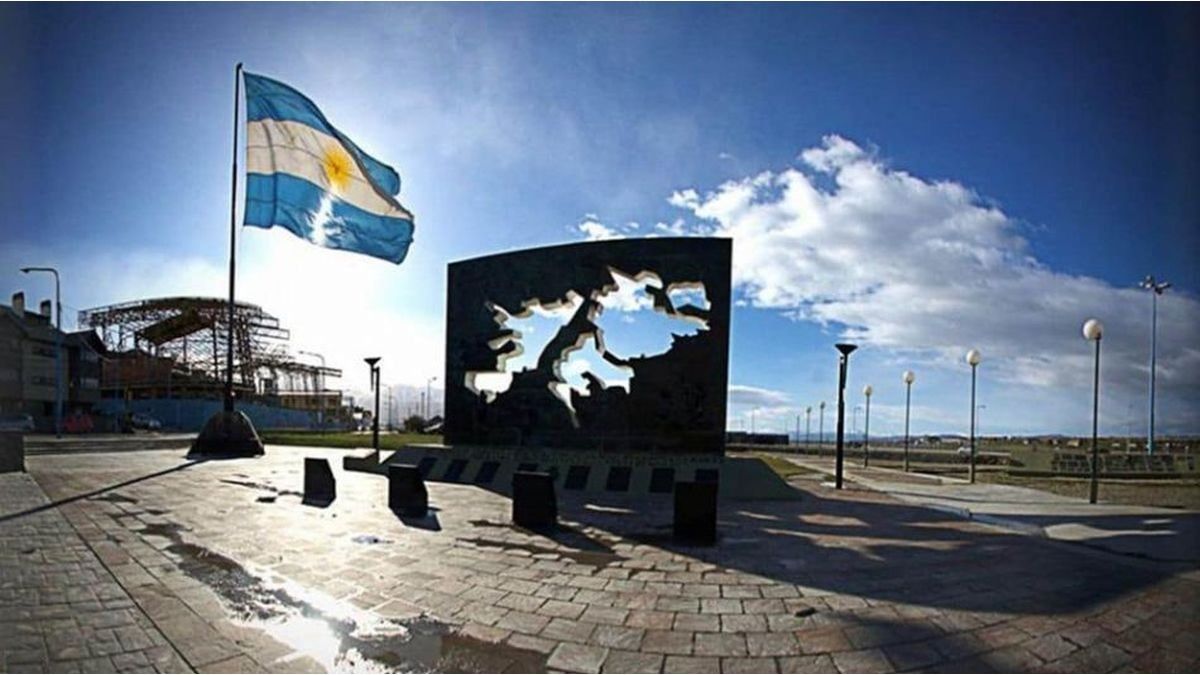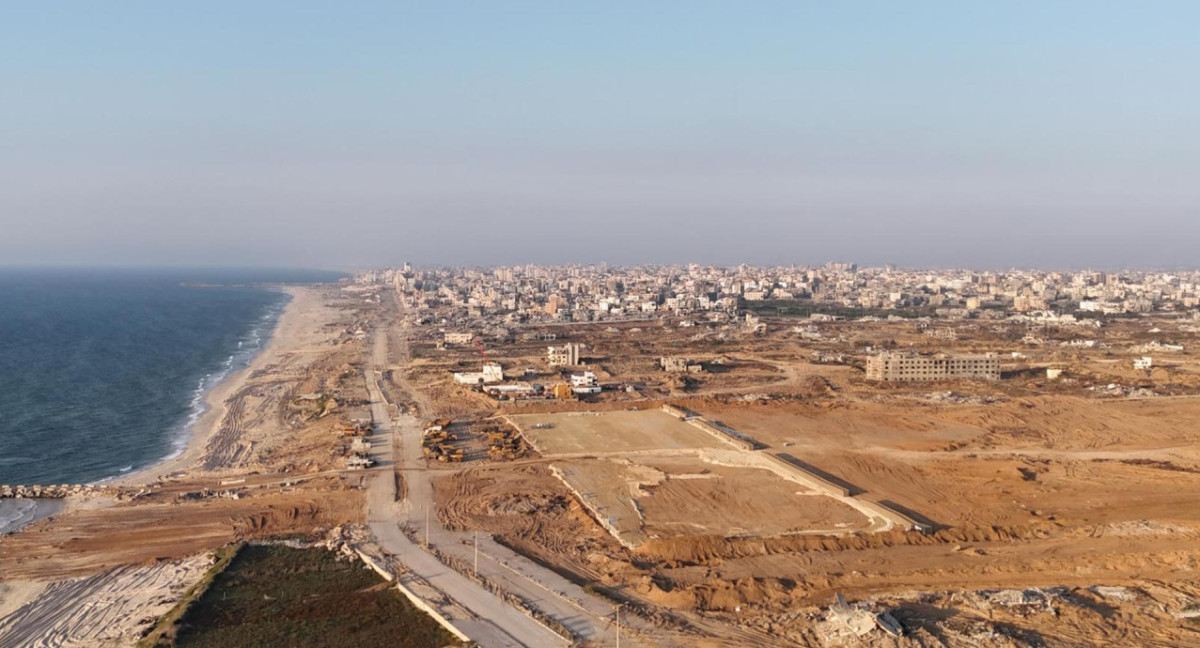The head of the Foreign Office, on his Twitter account, reiterated the well-known British argument of the islanders’ right to “self-determination”, a claim It does not apply to residents of Malvinas in accordance with Resolution 1514 of the United Nations General Assembly. Argentine Foreign Minister Santiago Cafiero responded.
The words of British officials are known after the proposal regarding the Malvinas issue as “disputed” territory was included in the Declaration of the EU and CELAK Summit of Heads of State and Government held on Monday and Tuesday in Brussels, Belgium, in which President Alberto Fernandez participated.
Cafiero reminded his British counterpart that the UK had “violated Argentina’s territorial integrity for 190 years” and reiterated the proposal to “adopt a new bilateral agenda on the South Atlantic”.
“Dear Secretary @JamesCleverly: The United Kingdom has violated the territorial integrity of Argentina for 190 years. I remind you that, according to Resolution 1514 of the United Nations General Assembly, self-determination does not apply to the people of Malvinas,” Cafiero posted on his Twitter account.
In a post on the same social network, Cleverly affirmed that Falkland Islanders “have the right to choose their future,” noting that “99.8 percent of them voted to be part of the United Kingdom family” and considered that Argentina and the European Union “should listen to their democratic choice.”
“The alleged ‘referendum’ you cite has no value under international law and does not modify what has been stipulated in over 50 UN resolutions, nor the UK’s commitment to decolonization in all its forms and to resolving conflict peacefully.” Cafiero responded to his English counterpart.
The head of Argentine diplomacy stated that “in a world where international relations must be based on rules, respect for international law, in particular the territorial integrity of states, is essential” and thanked the “recent categorical expressions of Silak and the European Union in this regard”.
Then Cafiero brilliantly repeated the proposal sent to him on March 2 within the framework of the G-20 summit: “Adoption of a new bilateral agenda related to the South Atlantic and the resumption of the process of formal negotiations within the framework of Resolution 2065 of the UN General Assembly,” said the foreign minister.
Statement by the European Union and the Community of Latin American and Caribbean States
The Malvinas case is mentioned in two of the 41 points in the declaration, along with the signatures of the Presidents of the European Council, Charles Michel, and the European Commission, Ursula von der Leyen.
The thirteenth point of the declaration states that “on the question of sovereignty,” the EU takes note of “the historical position of the Community of Latin American and Caribbean States, which is based on the importance of dialogue and respect for international law in the peaceful settlement of disputes.”
The document also highlights: We further reaffirm our fundamental commitment to all the purposes and principles enshrined in the Charter of the United Nations, including the sovereign equality of all states, respect for their territorial integrity and political independence, and the settlement of disputes by peaceful means and in accordance with the principles of justice and international law.
A “historic diplomatic victory”, President Alberto Fernandez outlined the EU’s recognition of the Malvinas case.
“Malvinas is a national cause. We have taken another step, a historic diplomatic victory: An entire people has led #Malvinas to a bi-territorial declaration,” the president said on his Twitter account.
With this in mind, the president noted, “the commitment of Argentines to defend the rights of our country made this possible.”
The Guardian reported that British diplomats on Wednesday asked European Council President Charles Michel to “clarify” the bloc’s position.
In a response to the Financial Times, a European official said: “This has been agreed by the 27 (EU) member states and CELAC countries. We cannot make a statement on their behalf.”
“The UK is not part of the EU. They resent the use of the word Falkland. If they were in the EU, they would probably be against it,” he added.
This week’s summit was the first between the two regions since the UK’s exit from the European Union in 2020.
Politico daily said the British had made “feverish” diplomatic efforts to prevent the EU from signing the declaration, calling it a “great diplomatic victory” for Argentina.
As might be expected, the declaration of the bi-territorial summit recognizing the Malvinas Islands as a “disputed” territory had an impact on the British authorities of the South Atlantic islands that had been usurped since 1833.
Angered the Malvinas colonial government
Members of the Malvinas British Legislative Assembly expressed that body’s “disappointment” when the islands were mentioned by that name in the EU-CELAC Final Declaration.
“We are very disappointed that it has been decided, without the participation of the ‘Falkland Islands’ (the name by which the United Kingdom designates the Malvinas Islands) or the Government of the United Kingdom, to refer to our islands by a name given to us by our aggressive and hostile Argentine neighbour,” Teslin Parkman, the president of that legislature, said in a statement he posted on social media.
In the public statement, the British journalist and representative of the legislature set up by the United Kingdom in the islands added: “I and the other members of the legislature would like to make it clear that this news from Brussels changes nothing.”
Teslin-Barkman further stressed that the UK government “responded quickly to this news, supporting our right to self-determination” and added: “We urge EU members to respect the wishes of the Falkland Islanders and refer to us by our proper name, as they have historically done.”




:format(webp)/cloudfront-us-east-1.images.arcpublishing.com/grupoclarin/6QRRE7GX2VCB7KVYFDNZHOCKJQ.jpg)
